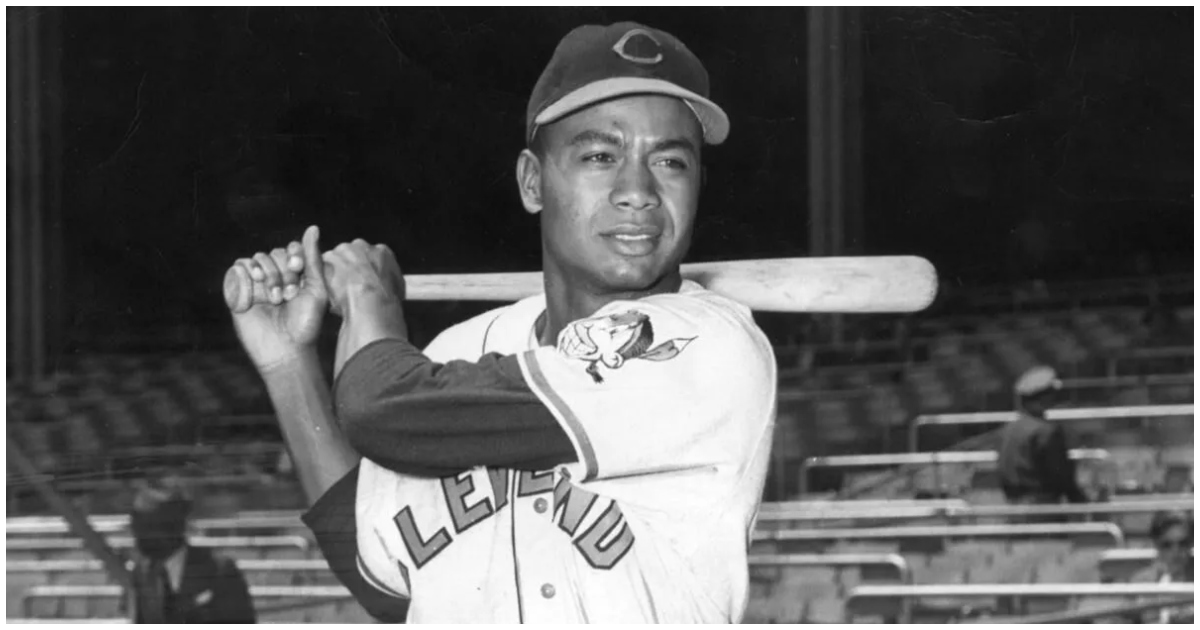Breaking Barriers: Larry Doby’s Historic Debut with Cleveland Indians
On July 5, 1947, Larry Doby made baseball history. He stepped onto the field for the Cleveland Indians, becoming the first Black player in the American League. This groundbreaking moment came just three months after Jackie Robinson broke the color barrier in the National League.
Doby’s debut marked a significant milestone in the integration of Major League Baseball. It represented a crucial step towards racial equality in America’s pastime. His courage and talent paved the way for future generations of Black players in the American League.
The Impact of Doby’s Achievement in Baseball Integration
Doby’s entry into the American League accelerated the pace of integration in baseball. His success on the field challenged long-held prejudices and stereotypes. It demonstrated that Black players could compete at the highest level of the sport.
While Jackie Robinson often receives more recognition, Doby’s contribution was equally important. He faced similar challenges and discrimination, yet persevered to build a stellar career. Doby’s achievement helped complete the integration of Major League Baseball across both leagues.
Larry Doby’s Journey to the Major Leagues
Doby’s path to the majors was not easy. He excelled in the Negro Leagues before catching the attention of MLB scouts. The Cleveland Indians, under owner Bill Veeck, took the bold step of signing Doby.
Despite facing hostility and segregation, Doby quickly proved his worth on the field. He became a seven-time All-Star and helped lead the Indians to a World Series title in 1948. Doby’s success opened doors for other talented Black players in the American League.
Legacy and Impact on American Sports
Larry Doby’s historic debut had far-reaching effects beyond baseball. It contributed to the broader civil rights movement in America. Doby showed that integration could succeed in one of the nation’s most popular sports.
His achievements inspired future generations of athletes across all sports. Doby later became the second Black manager in MLB history, further cementing his legacy. Today, he is remembered as a pioneer who helped change the face of American sports.





